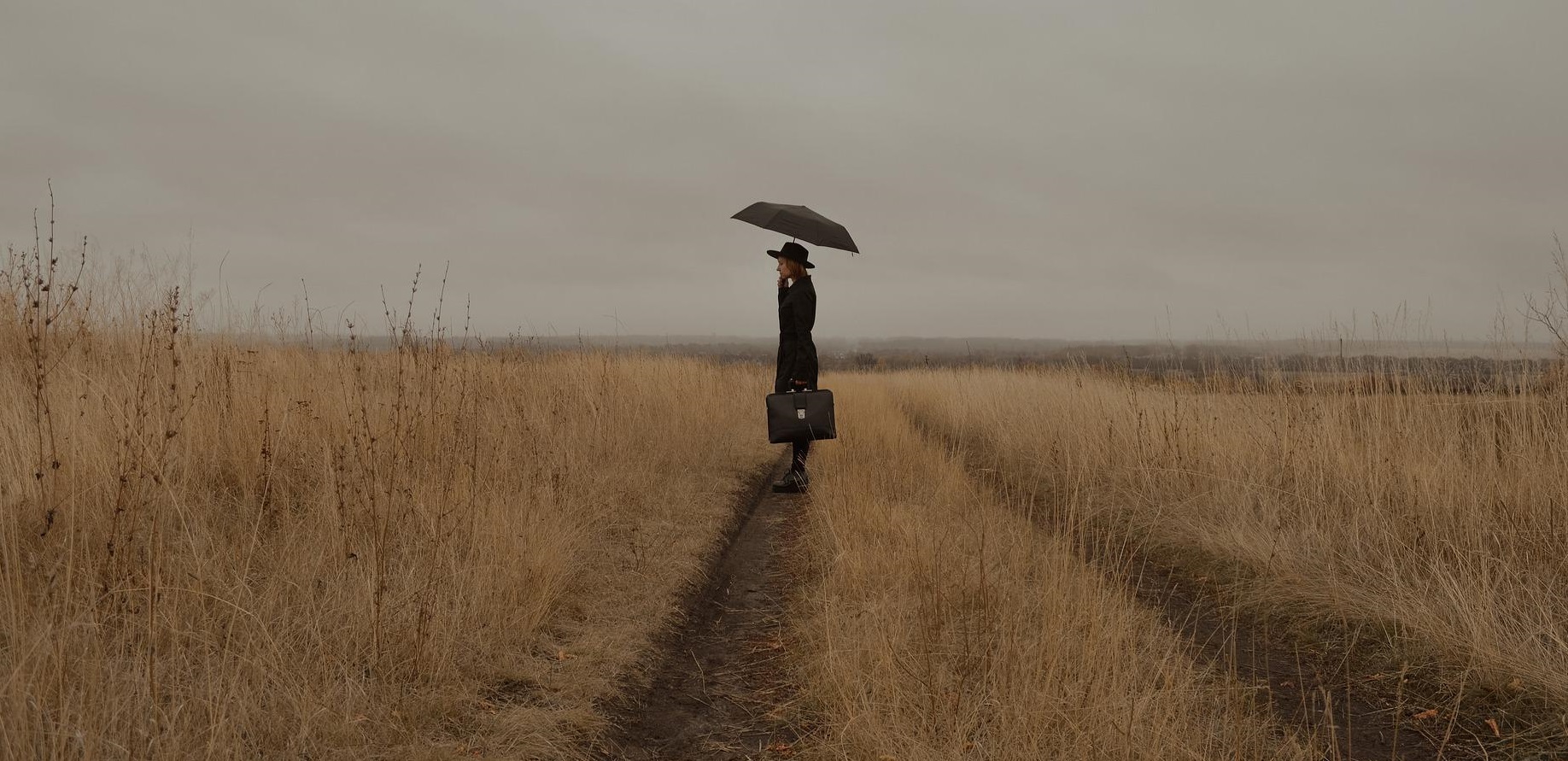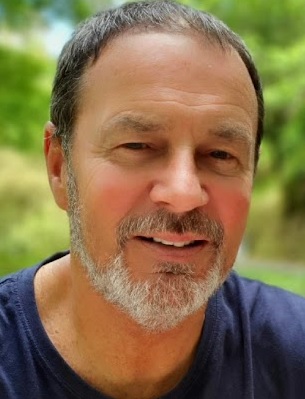
A few years ago, an education leader in our community told me about a student who many parents wanted expelled. The student’s behaviour likely reflected the difficulties of his home life – let’s assume something like a dad in prison and a mum on P.
Expulsion is a short-term “solution” and a long-term tragedy, if that student continued the generational pattern of dysfunction. The human and societal cost is massive and ongoing, unless the cycle is broken somewhere.
When considering the global ills faced by society and an apparent inability to solve a myriad of escalating issues, one is struck by the obvious. Leaving it to the world’s politicians seems to be setting groups against each other, eroding democratic rights and starting wars.
Ask your neighbour what is the biggest problem facing the world. You might even ask, what is the biggest problem facing this community?
The answer, I’m guessing, will be as varied as there are people. Really big things such as pandemics, famines and wars, through to youth suicide, loneliness and the cost of living.
Such issues, at every level of society, seem overwhelming and the solutions beyond community and government leaders.
A catch phrase that might describe our malaise is a “loss of social cohesion”. I think of it as a loss of an ability to maintain a society that serves the well-being needs of all people. It’s also a loss of the ability to work together to find solutions.
Think of the student under threat of expulsion. The default solution to many of our ills is short-sighted, followed by knee-jerk demands, especially demands to the Government, for more resources. But is that really finding a solution to the issues when all the problems seem to get bigger and bigger, so the demand for more resources simply escalates?
So here’s the thing. We don’t often talk about the big-picture “loss of social cohesion” or why it’s happening. More often, we try to address issues in separate little boxes, for example youth suicide, loneliness and the cost of living.
What if we actually addressed the big-picture issues of social cohesion and used that to help give us sustainable answers to a host of smaller issues? And what if we asserted that every community has the best and most sustainable answers? Then the question is, what’s preventing us from finding such solutions from within our communities?
A couple of years ago I interviewed about 30 Ōtaki people about “what made the community tick?” The exercise was to inform the creation of an “identity” for Ōtaki, which would manifest itself in a logo and imagery. One question I asked, in relation to a vision for the community, was: “What is the biggest thing that stands in the way of improvement?” The almost universal answer was: “The detachment of many citizens, the isolated groups and an inability to work together.”
If I had to describe the two most important elements of “social cohesion”, I’d start with connectivity and trust. That’s because they are the two biggest things we seem to be losing in our communities, and the keys to a community working together towards common goals.
When groups work in silos, because that’s the only way they can make it work, people are polarised into self-interest bubbles and any useful solutions tend not to be transformational or wide-reaching. Yet that’s how we are hard-wired. Funding tends to be competitive and our organisational structures and governance models pay little attention to working across multiple groups. Them-and-us, winners-and-losers is the norm.
While that is not entirely true, because many groups strive to collaborate and are doing great things in this area, the rigid thinking and horizonless practices largely persist.
I believe a useful way to look at the issues and solutions, in a community, is to consider two opposite realities. At one end is the community’s needs. At the other end is the community’s willing resources.
Should we always assume that the needs always outweigh the resources, or is our fragmented society and small-box mentality getting in the way of building the bridge between community needs and the resources that can be transformational?
 You can contact Fraser here.
You can contact Fraser here.
Fraser Carson is the founding partner of Wellington-based Flightdec.com. Flightdec’s kaupapa is to challenge the status quo of the internet to give access to more reliable and valuable citizen generated content, and to improve connectivity and collaboration.
Flightdec websites include: KnowThis.nz, Issues.co.nz and Inhub.org.nz.
OTHER POSTS
LATEST POSTS
- If you’re not there you won’t know what’s going on
- Ōtaki abuzz with film festival - Ōtaki Today
- Hall helps to connect and build community
- Fear breeding fear, fear and more fear
- Plenty of help organisations in times of need
- Poor official communications fuel misinformation
- Cultural infrastructure could be our saviour
- Four-storey blocks coming as developments fast-tracked
- The world’s therapist offers little hope for global ills
- Modern conservatism the quiet killer
- Di’s QSM for services to community and environment
- However bad it might get, keep smiling
- AI is coming, ready or not
- Rewi’s story one of adversity in old Ōtaki
- Arise King Brown of the Kingdom of Auckland
- Rebuilding should draw on mātauranga
- Urban designer poses critical question - What’s the plan for Ōtaki?
- Brown hits the fan as water levels rise
- When small stuff becomes really big stuff
- New road evokes memories of apples and steam trains
